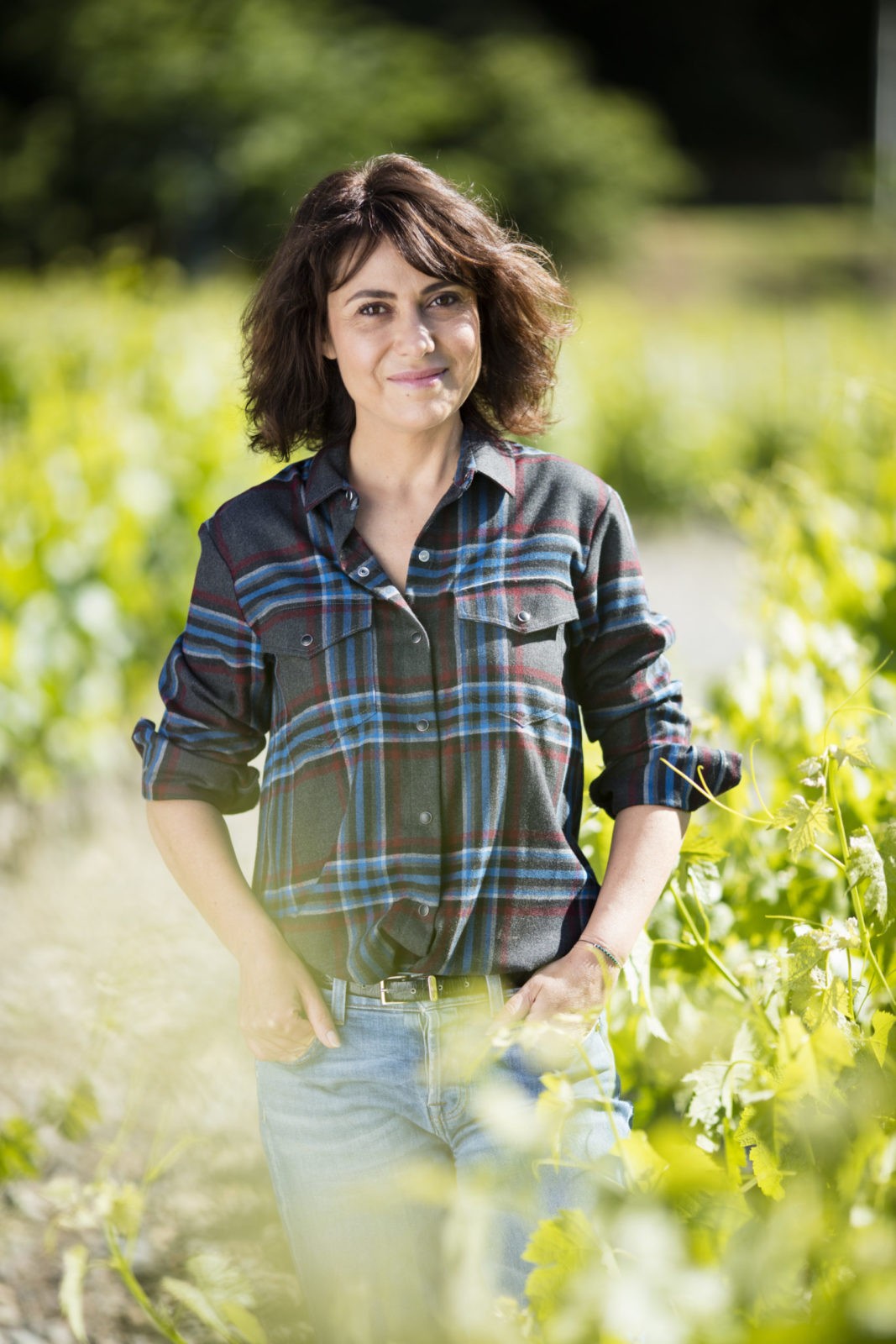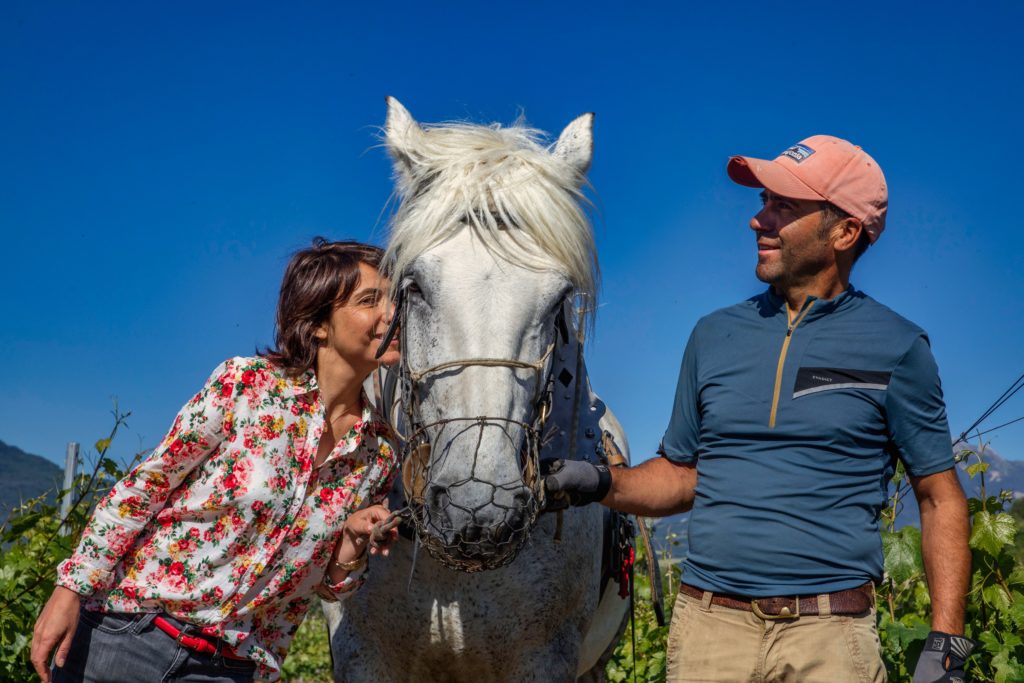Wine that we call ‘natural’ is traditionally wine that has been made from organic, hand-picked grapes, to which nothing is added in the winemaking.
Currently there is no legal definition of the term ‘natural’, but there does exist a legal definition of a ‘no sulphites’ wine. This must contain no added sulphites and have a total level of SO2 (which is produced naturally during fermentation) below 10mg/Hl.
- Classic wine: SO2 < 100mg/Hl for the reds and 150mg/Hl for the whites and rosés
- “No added sulphites” wine: SO2 < 30mg/Hl
- Wine “without sulphites”: SO2 < 10mg/Hl
Our Pompon wine is made with organic, hand-picked grapes, and made using the natural method, with wild yeasts, no added sulphites, no inputs of any sort, and unfiltered.
Depending on the vintage, fermentation naturally produces a certain quantityof sulphites, and the wine can therefore be labelled either “without sulphites”, or “no added sulphites” depending on the level detected by international standards analyses (COFRAC) carried out by an accredited laboratory.







